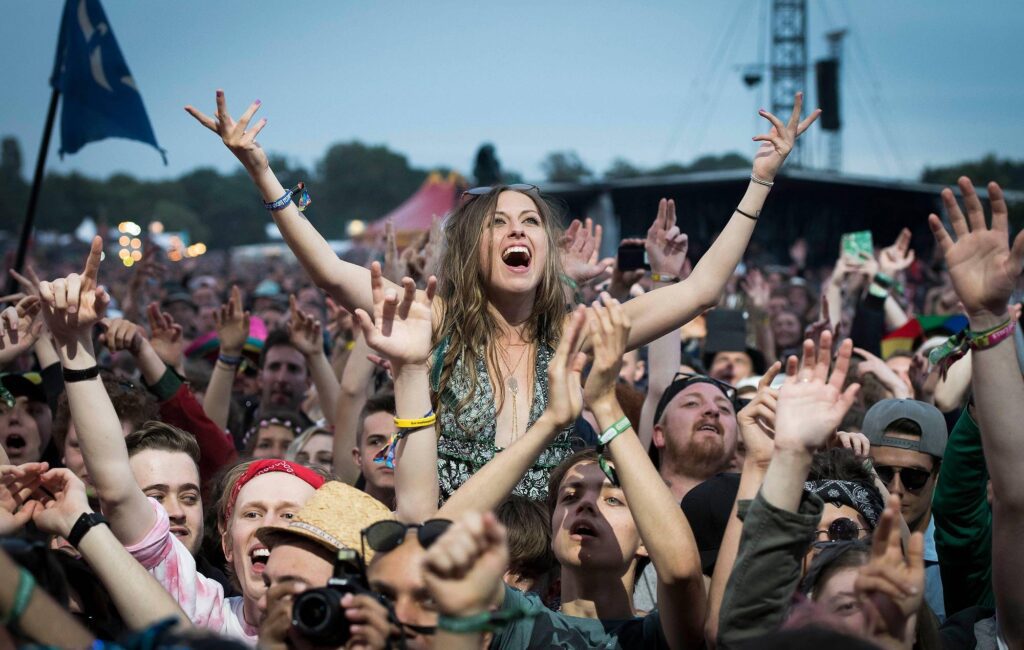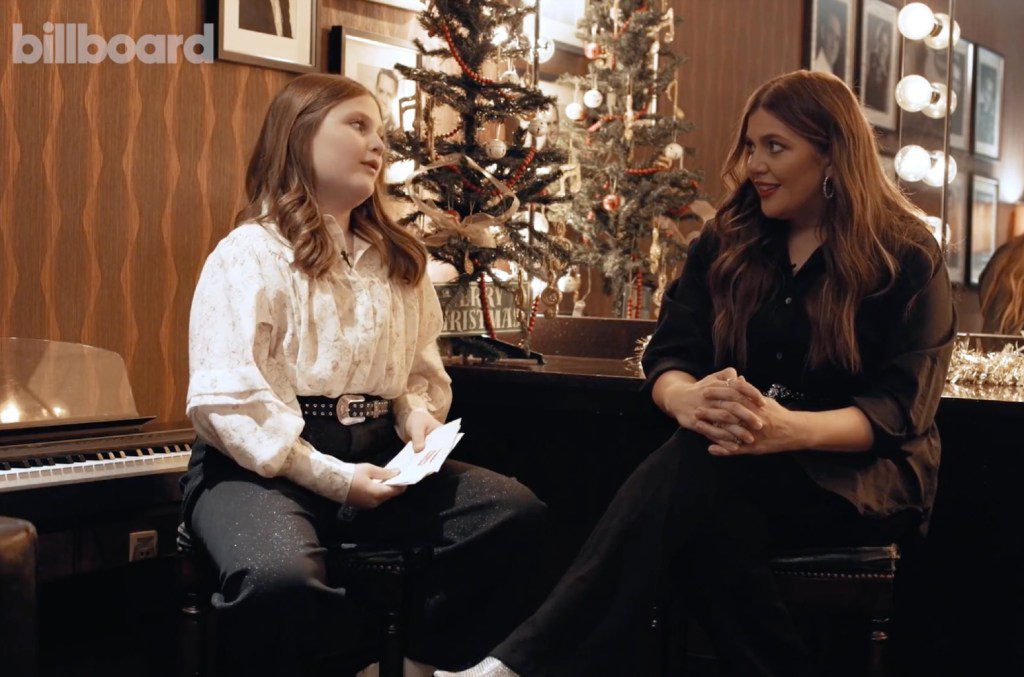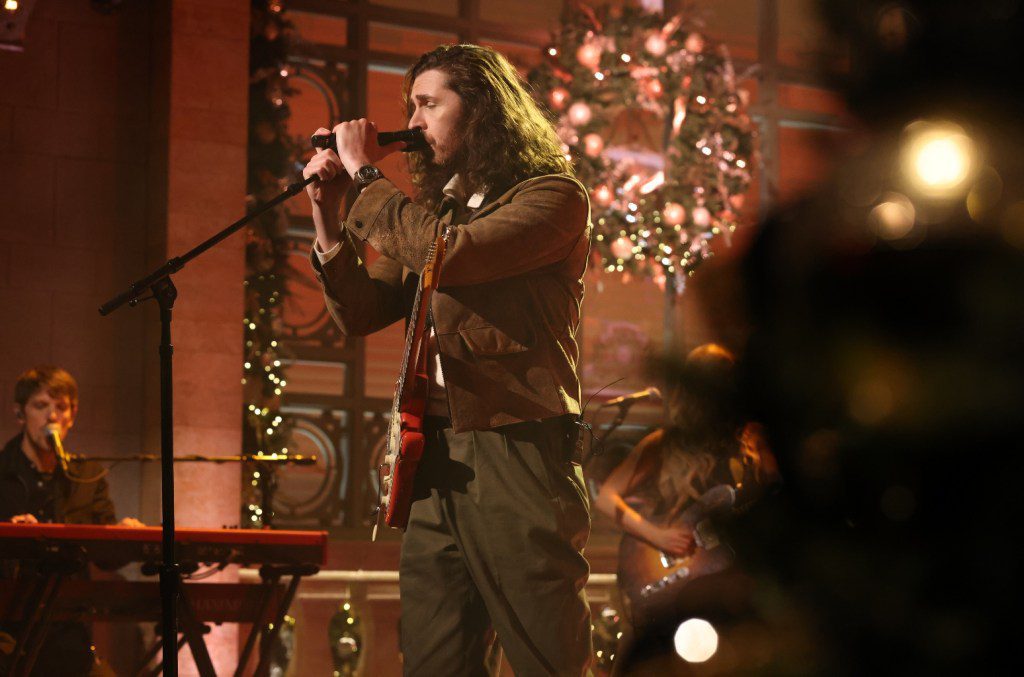Festivals on what to expect from the summer: “Safety is all we think about”
Festivals from across the UK have spoken to NME about their hopes and expectations for returning this summer after taking a year off due to coronavirus.
Following the cancellation of Glastonbury 2021, Boris Johnson last month unveiled the government’s “roadmap” out of lockdown and easing of COVID restrictions.
Depending on the success and effectiveness of the vaccine rollout, how the NHS is coping with the current infection rate and any potential threats from new variants, the government’s four-step plan should end on June 21 with the “aim to remove all legal limits on social contact” – allowing full-capacity gigs and festivals with no social distancing to return.
While a great deal of uncertainty remains – and the festival circuit still reeling from the government’s decision this week not to provide them with insurance to secure their future in case they’re forced to cancel – a great deal of optimism has still swept the music-loving public. Reading & Leeds vowed to go ahead in August before quickly selling out, and Live Nation sold over 170,000 tickets in the three days following the announcement of the roadmap.

Isle Of Wight Festival was originally scheduled to take place the weekend before June 21, but now that the event has moved to September, festival boss John Giddings is confident of a successful return.
“We’ve moved it to three months later to make sure that it’s going to be safe, and the government are running test events in a month’s time to prove that it’s possible to do these shows, so we’ve got everything in our favour,” Giddings told NME. “We’ll now be in September: the Isle Of Wight has some of the best weather in the UK, what’s not to like? By then the whole of the UK would have been vaccinated and there’s a point at which somebody somewhere has got to come out and enjoy themselves.”
Asked if IOW were preparing to potentially have lateral flow testing or require proof of vaccination on entry, Giddings said “we will do that if we have to, but that’s not for me to decide – it’s for the government to tell me what to do”.
“We’ve spoken to the authorities at Public Health England and we will implement every government instruction to make it safe for people,” he said. “We don’t want to be responsible for a fourth wave, we wouldn’t do anything stupid and we want to run a proper show. It’s like when terrorism came to the country and we had to put in special measures with security and police to cover it. We’re going to do the same thing for the pandemic.”
Giddings did, however, claim with some certainty that his and other festivals were likely to have the same level of hygiene points as shops and other public places.
“There’s nothing wrong with making it more hygienic, is there?” he said. “It’s a logical exercise. When I first went to a festival the loo was just a trench with a scaffolding bar to sit on and I saw a guy fall backwards into it. It was one of the most disgusting things I’ve ever seen. Life moves on, and it’s going to be better and more enjoyable for everyone.”
The promoter went on to explain how COVID and vaccination rates differing between countries could have an impact on the line-up. “The vibe I’m getting is that we’re largely two or three months ahead of the rest of the world,” said Giddings. “With Americans travelling, it’s 50/50 – but who knows? There are seven months to go and the whole scenario can change.
“It’s going to be the ‘Great British Music Festival’ because it’s based in Britain, but there are enough artists out there wanting to play and entertain people. There’s an appetite out there for entertainment in a field and we’ve got a precedent for delivering what people like.”

One event set to take place just before the roadmap is set to end is the inaugural Bigfoot Festival (June 18-20 at Warwickshire’s Ragley Hall). Dubbed the ‘first craft beer music festival’, the boutique event claims that its smaller size and shared focus on food and drink – as well as a line-up that includes the likes of Primal Scream and Fat White Family– should allow it to go ahead. If government tests are met on May 17, up to 10,000 attendees should be allowed in outdoor spaces where there is the option to spread out.
“We fall just before the ‘emancipation day’ of June 21, but we’re only a boutique festival so it will be fine in terms of numbers,” said co-founder Greg Wells. “We’re only expecting light-touch social distancing at that point. In some ways, if you were the weekend after that with only seven days warning that this phase was coming in, then that’s almost a trickier position.”
Asked about the potential for testing and proof of vaccination, Wells replied: “It’s 100 per cent in our consideration. I know that there’s a lot of chat about civil liberties and I get that, but this is a definitive thing for our generation. If someone said to me, ‘You could go and watch a band in a crowd tomorrow by popping round the corner and taking a lateral flow test’, I’d 100 per cent do that and I think most people I know would.”
While echoing that they were awaiting the finer details to be agreed and passed down from government officials, Wells promised “clever crowd management” and “rigorous cleaning” at the event – as well as claiming that new hygiene rules would likely change the running of festivals forever.
“Having spoken to Public Health England and the safety advisory groups, these elements of health and safety planning are going to be part of events for years to come – just as it will be in the way that you walk into a pub or restaurant,” he said. “There’s so much around this that will last in culture and I’d really struggle to see us just going back to licking each other’s faces on June 21.”
He added: “In this industry, we do events professionally and we are problem-solvers. Public health and safety is at the core of what our festivals are. Everything has been worked through for months and designed to make that space as safe as can be. I would put my house on our festival being safer than any place of work, any school, or any form of public transport – because it’s fundamentally all we are thinking about. Booking the bands and selling the tickets comes second. Our priority is everything being safe and welcoming.
“Right now, we just want to get a great event done. Ours will be one of the first times that some people get to hear live music, be around people and feel that festival vibe. That’s going to be special.”

Another festival set for its inaugural year is London’s Wide Awake, which is hoping to welcome the likes of Black Midi, Dream Wife, A Certain Ratio and Erol Alkan to Brockwell Park in September after being forced to cancel in 2020. Organiser Keith Miller explained how “any event at the end of the summer has much more chance than anything at the start”.
“We will all have had at least one jab by the time that Wide Awake rolls around,” Miller told NME. “There was some stuff in the news lately about just the one jab might give about 90 per cent protection. That fills us with confidence that it’s going to potentially be possible. No one’s saying anything for definite, but September feels far more realistic.”
From the people behind some of the capital’s best intimate venues – including Moth Club and The Shacklewell Arms – Wide Awake “aims to provide a distinctive counter-culture experience like no other London-based festival”. While stressing that “safety is their utmost priority” and encouraging fans to ease their way back in to live events through smaller socially distanced shows when they return, Miller noted a resurgence in hunger and confidence from the ticket-buying public.
“I think it’s going to have a ‘summer of love’ vibe because everyone is so absolutely desperate,” Miller continued. “We’re also desperate to put something together and the bands are desperate to get out there and play – especially the acts that we work with. A lot of them are new, up-and-coming and were just starting to make a name for themselves before being kiboshed.”
Speaking about how COVID might have an impact on the line-up, Miller said: “There’s such a good guitar scene at the moment, especially with UK bands. If we have to do a mostly UK line-up, then we’ll still have an embarrassment of riches.
“It seems pretty clear that because the UK is quite a bit further ahead with the vaccine than Europe, it means that if European festivals fall away then American acts will have fewer shows to play. Flying over to the UK for four or five days is nowhere near as profitable as playing 25 shows in Europe and then five in the UK. Then there’s the whole question of ‘Will people be able to come and go across Europe to the UK? Will they need to quarantine?’ Then there’s the threat of the Brazilian variant. This is why we’ve deliberately not booked many non-UK acts on this year’s bill.”

Dr Michael Head is a Senior Research Fellow in Global Health at the University of Southampton, and he told NME that while feeling optimistic for the summer, people should “be careful that we’re prepared for any new COVID variants that might impact on the vaccine”.
“It is a very real possibility that these variants might emerge and become dominant in the UK and elsewhere to lower the effectiveness of the vaccines that we have,” he told NME. “I think that will probably happen at some point anyway, so we will need revised vaccines that act as a booster in the years to come – but we’d rather that didn’t happen this year and that we could have a bit of time to prepare for that kind of thing.
“At the minute, policy dictates that all events can return from June. What we need to be careful of is that we don’t lose all caution and rush to the pub and these events. We need to exercise a little bit of common sense and pragmatism because there will still be a little bit of COVID knocking around.
“The threat will still be there. Although a lot of us would have been vaccinated by that point, not all of us will be and the vaccines are not 100 per cent effective. They’re brilliant and are about 80-to-90 per cent effective, but that will still leave a pool of vulnerable people. You can’t eliminate the risks of COVID-19 at these events, but you can reduce them.”
Dr Head said that he was “not so keen on vaccine passports for attending an event in the UK, but more so on needing a vaccine passport of some kind for going abroad”. He also warned that while rapid testing was “one useful feature”, the public should remember that “these tests are not particularly accurate”.
“If it says you’re positive for COVID-19 then that’s right and the false positive rate is very low, but what that does miss out on is that it can give a negative result to someone who is positive,” he said. “If you screen everyone going to an event, you might pick up a few positive cases and that’s good because you won’t admit them and they can be safely encouraged to self-isolate. But there will still be people who test negatively at that point who are in fact positive.
“What we don’t want is for tests to give false reassurances to people. They’re not fool-proof and they’re not the answer.”

On the matter of how line-ups might be affected, Dr Head said that we currently can’t be certain what the rules will be for quarantining for overseas travel when the summer rolls around and that “those policies might change in the last minute”.
He also warned of the dangers of unvaccinated people catching long COVID if normality returns too soon, claiming that “long COVID is probably not talked about enough, especially among younger populations who think that they might not be particularly likely to die from it”.
“We know that long COVID affects people with a mild initial illness, we know that it affects young and healthy people and we know that around one fifth of people with COVID-19 have symptoms around five weeks later,” he said. “Around 10 per cent of people are still suffering around 12 weeks later. We still don’t know the real long-term effects of COVID just yet.
“With young people, it’s probably long COVID that they need to be the most worried about in terms of their own health – rather than being hospitalised with COVID-19.”

Dr Head called for “a slow and steady return to normality” once government-sanctioned test events have proven to be successful, and encouraged everyone to take up the vaccine if offered it between now and the summer.
“If there’s one thing we’ve learned it’s that we should take a cautious approach to COVID-19,” he added. “Look at a lot of the lockdown measures that we put in place too late against expert advice, for example. We’ve seen one of the highest death tolls in the world, in terms of numbers and rates. The UK response generally has not been a good one.
“A cautious approach over what we hope will be the last few months of restrictions on our society and our movement and when we start to return to normality in June – that will stand us in good stead in the long term. Going to events will be part of that.”
UK trial events for live music are set to take place in the coming months, including some venues testing health passports. Further test events will also happen throughout Europe after Primavera Sound festival’s recent trial for the return of gigs with no social distancing but same-day antigen testing found no infection rate.





